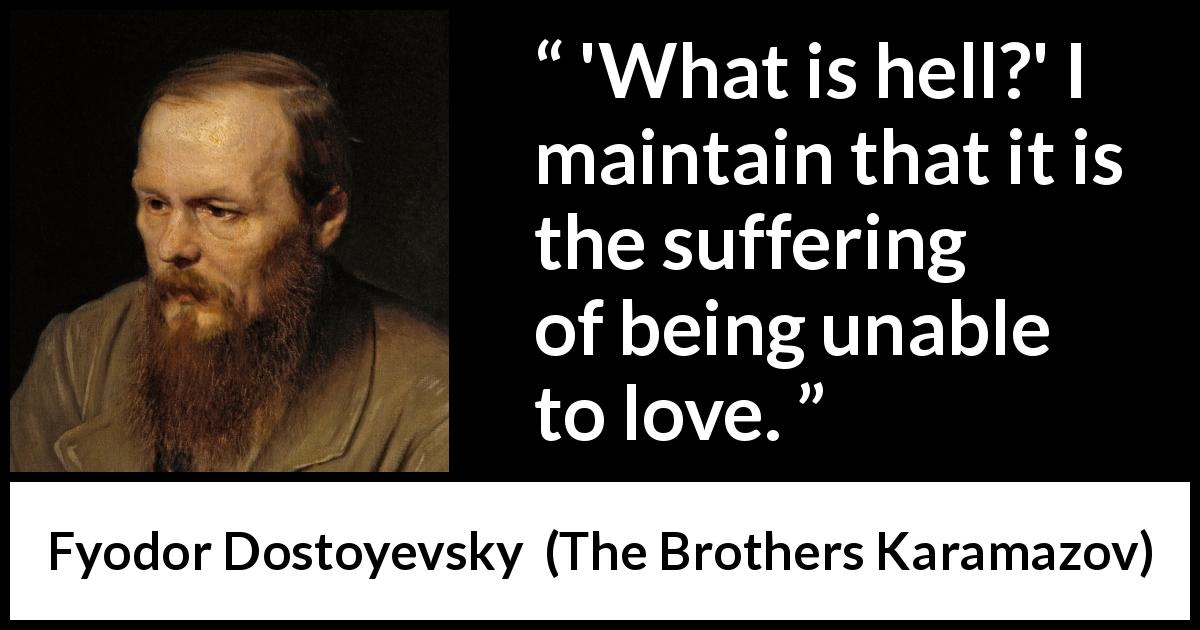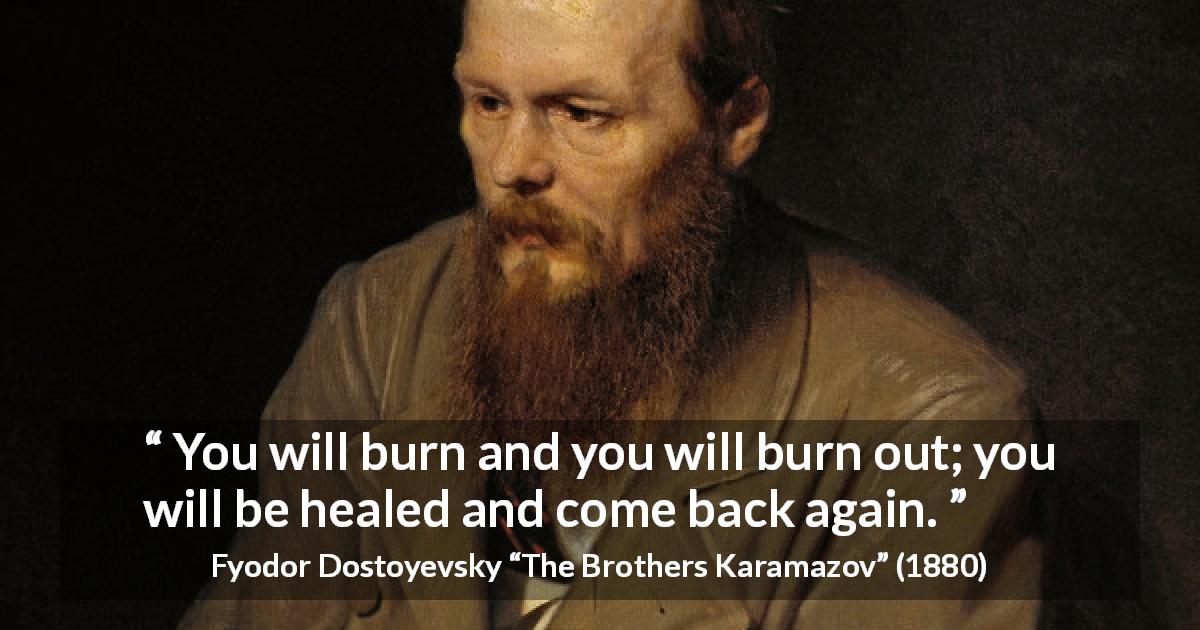

In its turn, this implies either the inaptness of God (he endowed people with free will, without understanding what will account for the actual consequences of it) or the deity’s outright wickedness (he intentionally endowed people with free will, in order to enjoy seeing them suffer). In other words, there is the strongly defined spirit of hypocrisy to the very essence of Christianity – while being presumably concerned with offering ‘salvation’ to ‘sinners,’ this religion, in fact, denies them such an opportunity.


This, however, automatically exposes people to the prospect of facing the ‘eternal damnation’ in hell. The actual realities, however, indicate something entirely opposite – the majority of individuals simply do not possess much of willpower, which would have allowed them to make a conscious choice in favor of living up to God’s commandments. After all, it is based upon the assumption that, while provided with the gift of ‘free will,’ people will be naturally prompted to side with God.

Nevertheless, even though Ivan used to have a favorable outlook on religion, as a social institution, he remained deeply skeptical about the religion’s claim to be the actual ‘way of life.’ The main reason for this is that, despite the well-meaning sounding of the Christian fable about Jesus, who voluntarily sacrificed his life to redeem the sins of humankind, Ivan could not help reflecting upon it as being deeply inhumane. Thus, Ivan’s seemingly revered attitude towards religion is rather explainable– he believed that, while being closely affiliated with a religion, people would be innately encouraged to refrain from committing crimes, out of their fear of ‘hellfire.’ The reason for this is that, while remaining convinced that people are nothing but ‘hairless apes,’ Ivan could never bring himself to accept the idea that one may act in the morally appropriate manner, without having been forced to do so by some external power. As he pointed out early in the novel: “Every earthly State should be, in the end, completely transformed into the Church and should become nothing else but a Church, rejecting every’ purpose incongruous with the aims of the Church” (Dostoevsky 120). Probably the main qualitative aspect about the character of Ivan is the fact that, despite his atheistic views, he nevertheless never ceased promoting the idea that religion is generally beneficial to people and that, as such, it should be incorporated within the society, as one of its main institutions.


 0 kommentar(er)
0 kommentar(er)
